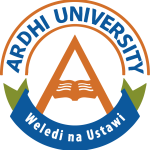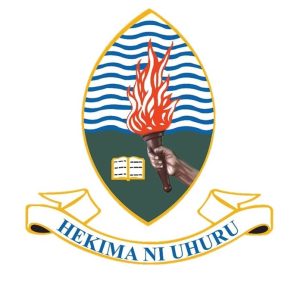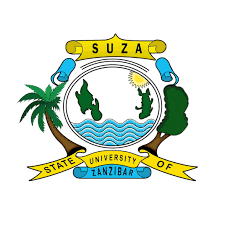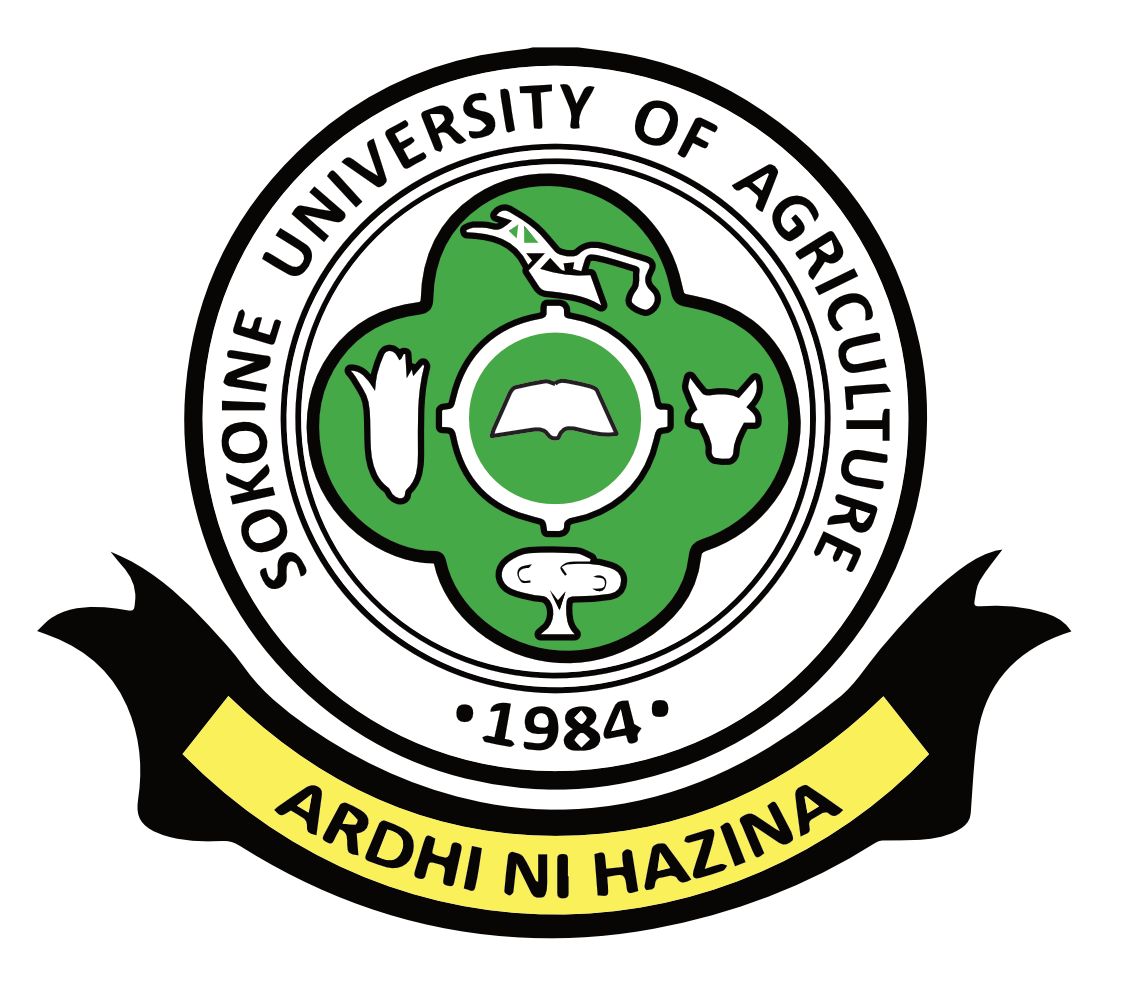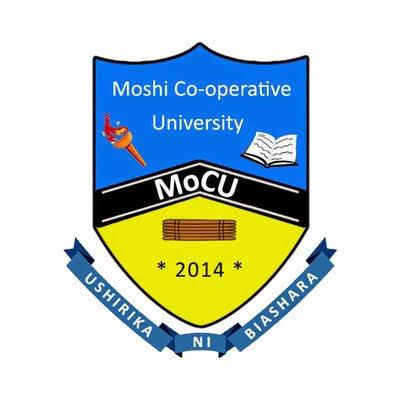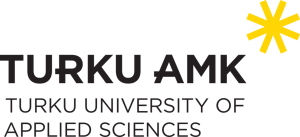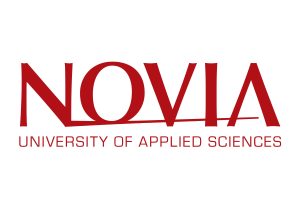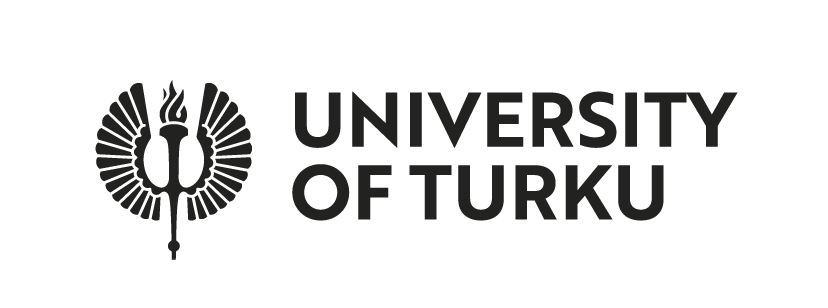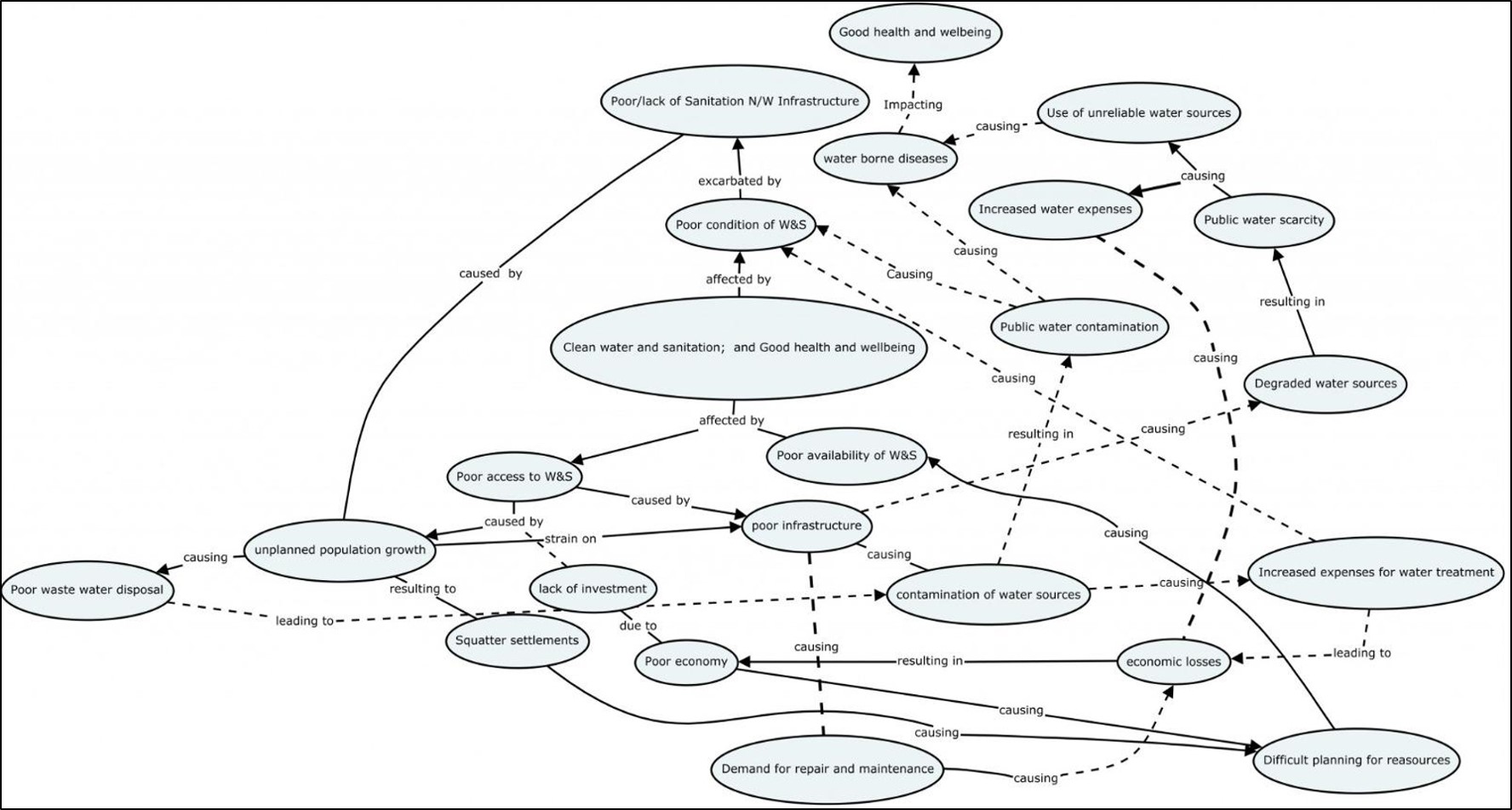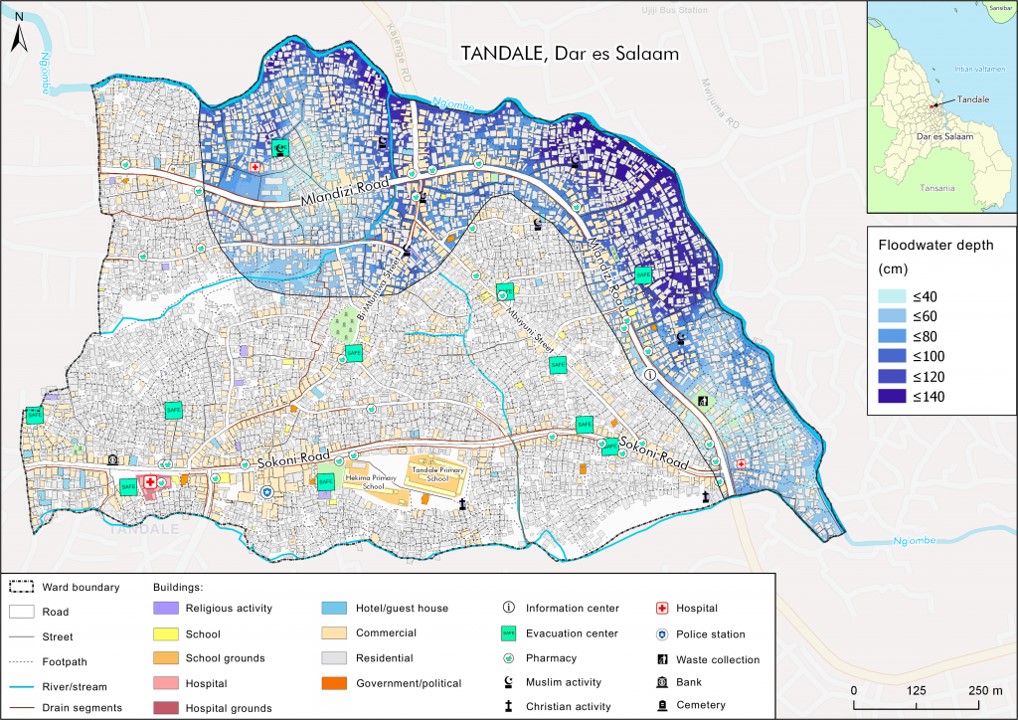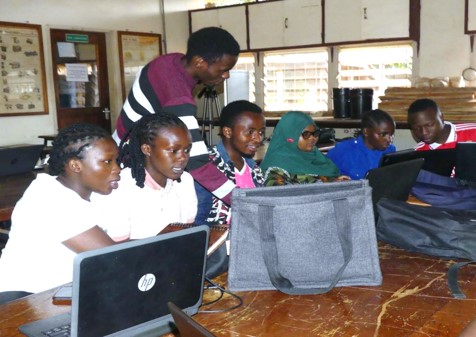Multi-Competence Learning (MCL) playbook
Core skills of MCL
The concept of MCL comes from the four core competence domains, which the program endorses for students’ competence growth and readiness for the future digital, agile, and still largely unpredictable labour market. We believe in students' improved self-employment through these competencies:
1. Climate, sustainability, and resilience skills
Global change is creating uncertainty and unpredictability in our socio-ecological systems and our quality of life. Students deserve to learn how to design solutions not just based on digital data and technology, but based on the transformative power of climate-smart and resource-efficient digital data and tech solutions for social, environmental, and economic sustainability and improved resilience. Thus, at the end of the program, the students are able to design climate-smart and resource-efficient solutions for social, environmental, and economic sustainability and improved resilience.
We are facing many crises at the moment, climate, biodiversity, pollution etc. while also combating poverty, inequality and insecurity among others. Students need to understand the basics of these challenges and need for a transition, a sustainable development, to be able to identify relevant/important problems to solve.
2. Space-time systems skills
Students deserve to dwell and solve real, complex problems of the surrounding society. For that, students need to understand the root causes and consequences of the problems and their spatial and temporal dimensions. Problems are systemic in nature and they materialise through complex chains of interdependencies. The MCL program aims to equip students with problem-solving skills that are relevant in solving real and complex spatiotemporal problems of the surrounding society and in relation to the challenges presented to them.
3. Geospatial data and technology skills
Students need to obtain practical skills in collecting and using digital geospatial (location) data and open-source geospatial and ICT technologies in a novel and contextually clever manner. Digital data are a vital source for solution-building and much-needed evidence, which societies deserve to access to improve decisions. Technologies can enhance the accessibility and use of critical information. After taking part in the MCL program, the students are able to use digital geospatial data and open-source geo-ICT technologies in a novel and need-based manner.
4. Entrepreneurial and innovation skills
Students’ abilities and professional confidence evolve effectively in multi-stakeholder teams so that students can recognize how to approach real-world challenges in a contextually clever manner, and how to work towards solutions, which are needed by the users and problem-owners, and which may have an impact on users' quality of life. Confidence to execute innovative and out-of-the-box solutions comes from the entrepreneurial attitude of the students with 21st-century skills in the front line: creativity, critical thinking, communication, and collaboration. The idea is that students are able and professionally confident to work in teams toward innovative, contextually relevant, and influential solutions.
These four core competencies are behind the concept of “MCL” and their interlinkages materialise in our program through a couple of key principles: students work as a team, each member with specific team responsibilities with an attitude of learning from each other, students manage their problem definition and solution building process large on their own and the role of the mentors is to facilitate this learning process, but not to make the critical decisions for the students, and students work in close collaboration with the problem owners so that their problems and solutions serve the end-users.
